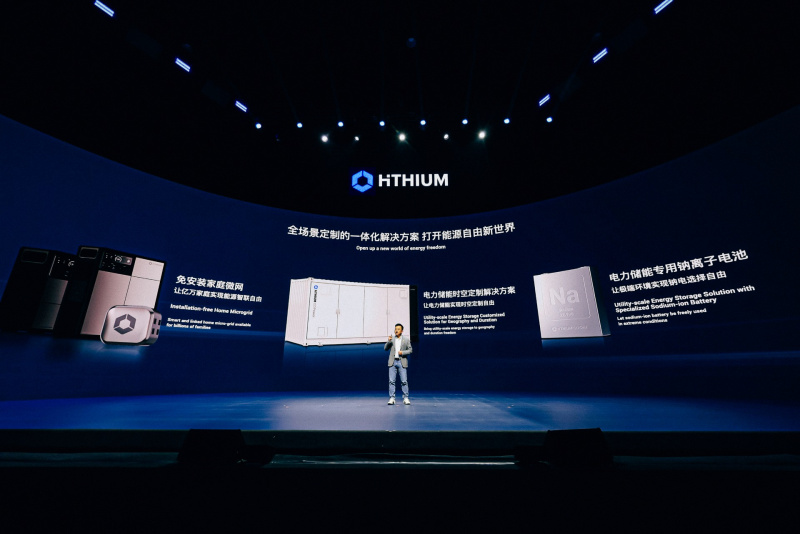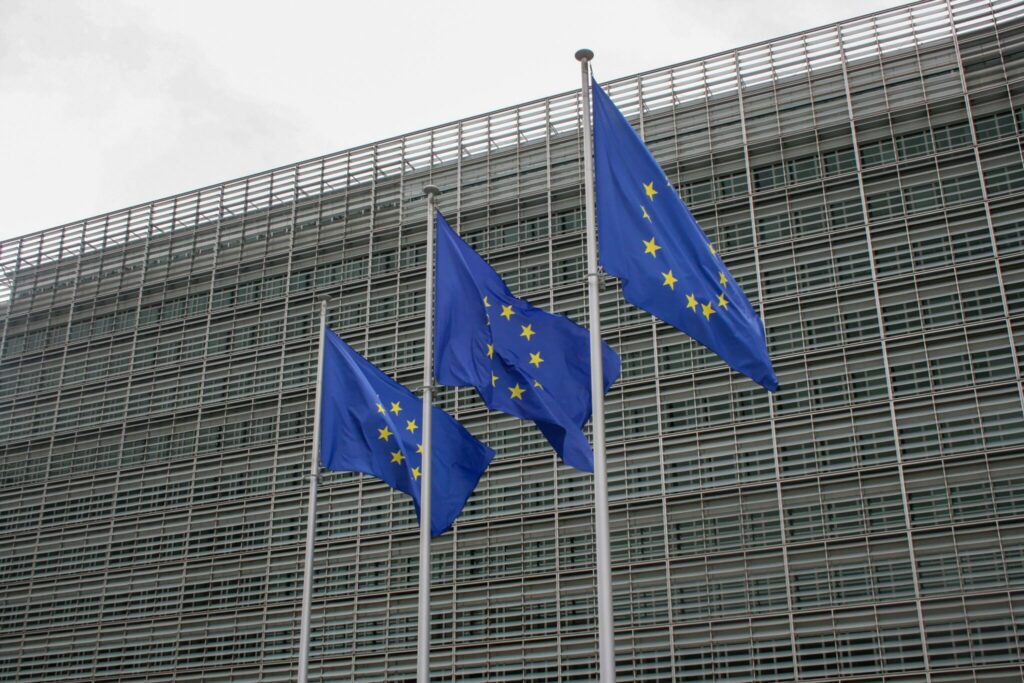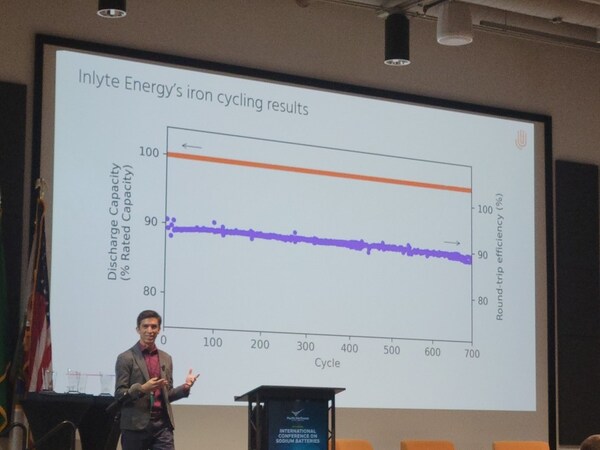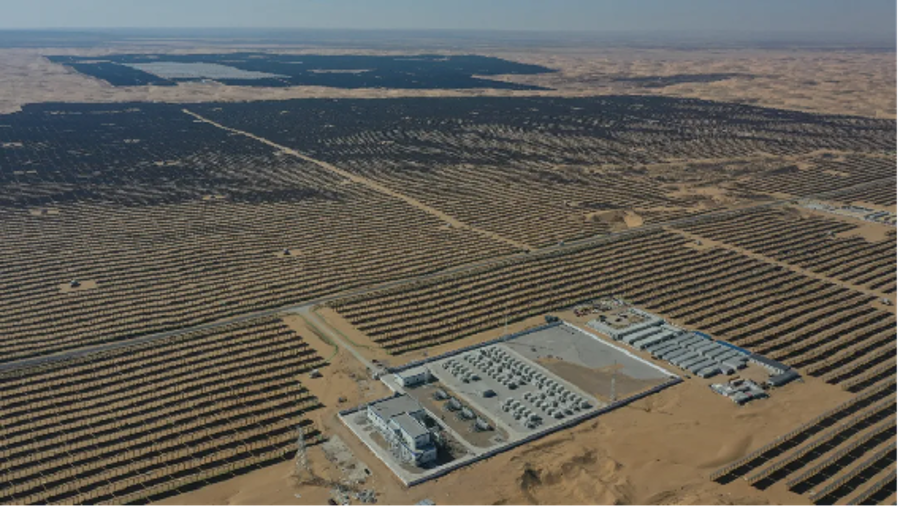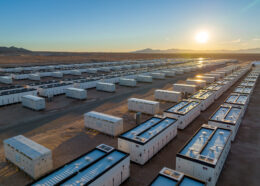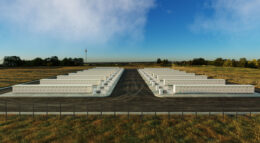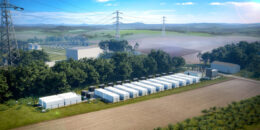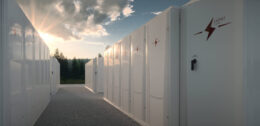Scotland gives green light to 700 MW battery storage project
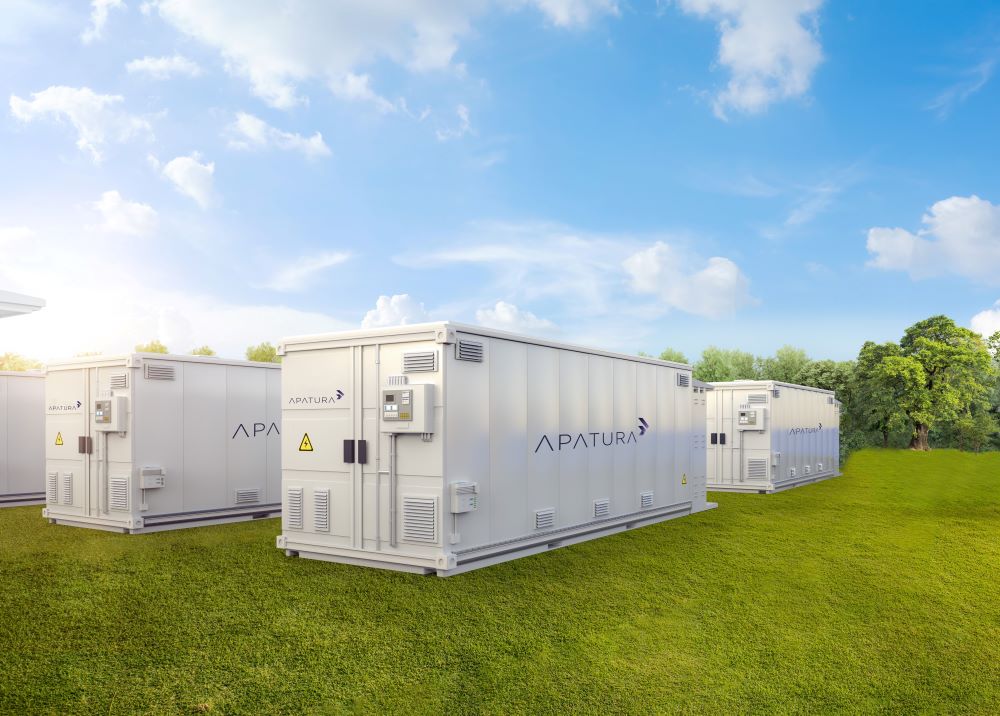
British developer Apatura Energy has secured planning consent for one of the largest battery energy storage projects in Scotland.
The 700 MW standalone project at Port Glasgow, Inverclyde, is the biggest ever secured by Apatura. It is also the fourth consent for the company in less than 12 months, including the 25 MW Devonside, the 30 MW Elgin BESS, and the 30 MW Saltcoats BESS – all located in Scotland. Apatura said it expects more to follow soon.
“We are delighted that Ministers have supported this critically important scheme and the local Council – Inverclyde – lodged no objections,” said Andrew Philpott, Chief Development Officer at Apatura.
While the company claims that this is the largest consent for a standalone battery scheme in Scotland, a bigger one was approved earlier this year.
In February, the Scottish Government Energy Consents Unit gave the go-ahead to London-based renewables company Alcemi and Danish investment firm CIP for the construction of the 1 GW/2 GWh Rawhills Energy Storage facility in Coalburn, south of Glasgow, as well as another, smaller project – the 500 MW/1,000 MWh Devilla Energy Storage site in Fife, north of Edinburgh.
Apatura’s Auchentiber BESS, which will comprise a battery electricity storage facility and associated infrastructure and the planting of new native species trees to improve biodiversity, was approved by the Energy Consents Unit on 11 September 2024, the company said in a release.
While it has not specified the project’s storage capacity, the developer said that the system will be primarily used for arbitrage – storing electrical energy during periods of high generation and low demand which can then be exported back into the grid network during periods of high demand.
Once operational, the project is expected to contribute to the Scottish government’s goal of generating 50% of overall energy consumption from renewable sources by 2030, and by 2050 to have decarbonized its energy system almost completely.
“Our BESS plays a crucial role in modern energy management, especially in the context of renewable energy integration and grid stability,” said Philpott. “This scheme will help deliver stable energy prices, leading to reduced bills, taking the pressure off households while at the same time increasing energy security. We are determined to deliver reliable, clean energy to communities across the country and this latest planning consent does just that.”




